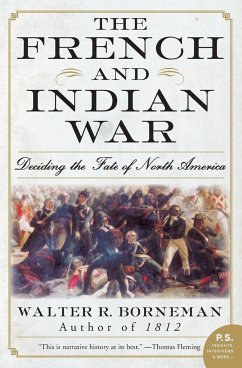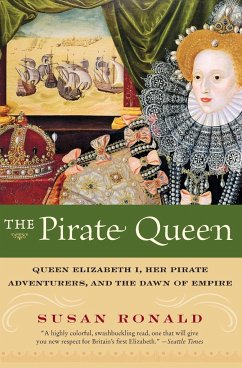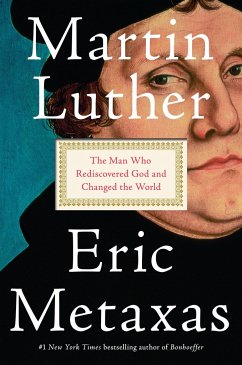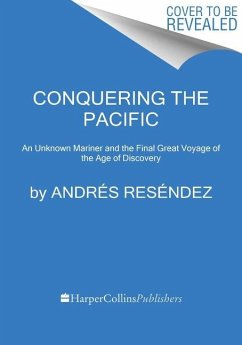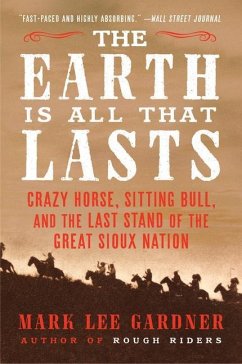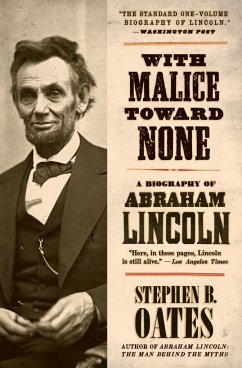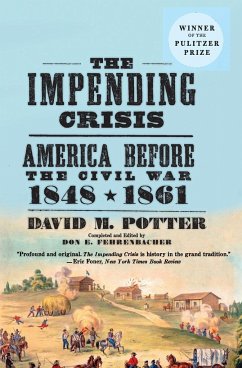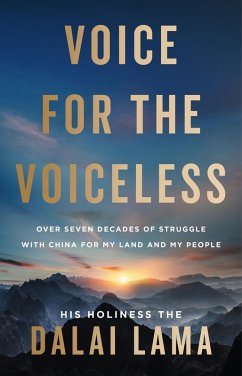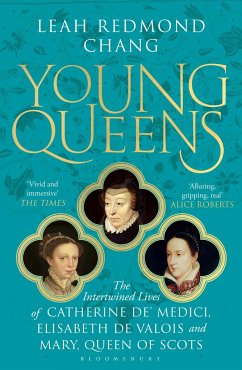Nicht lieferbar
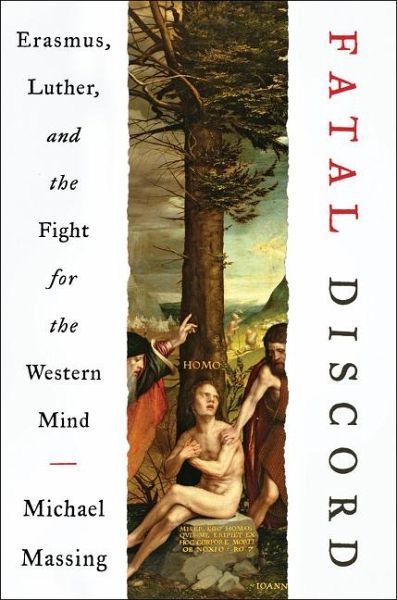
Fatal Discord
Erasmus, Luther, and the Fight for the Western Mind
An engrossing dual biography and fascinating intellectual history that examines two key figures of European history—Erasmus of Rotterdam and Martin Luther—whose bitter rivalry gave rise to two enduring, fundamental, and often colliding traditions of philosophical and religious thought Erasmus was the leading figure of the Northern Renaissance. At a time when Leonardo, Michelangelo, and Raphael were revolutionizing Western art and culture, Erasmus was helping transform Europe’s intellectual and religious life, developing a new design for living for a continent rebelling against the hierar...
An engrossing dual biography and fascinating intellectual history that examines two key figures of European history—Erasmus of Rotterdam and Martin Luther—whose bitter rivalry gave rise to two enduring, fundamental, and often colliding traditions of philosophical and religious thought Erasmus was the leading figure of the Northern Renaissance. At a time when Leonardo, Michelangelo, and Raphael were revolutionizing Western art and culture, Erasmus was helping transform Europe’s intellectual and religious life, developing a new design for living for a continent rebelling against the hierarchical constraints of the Roman Church. When he came out with a revised edition of the New Testament in 1516 based on the original Greek, he was hailed as the prophet of a new enlightened age. Today, however, Erasmus is largely forgotten, and the reason can be summed up in two words: Martin Luther. As a young friar in remote Wittenberg, Luther was initially a great admirer of Erasmus and his diagnosis of what ailed the Catholic Church, but while Erasmus sought to reform that institution from within, Luther favored a more radical transformation. Eventually, the differences between them flared into a rancorous competition, with each trying to win over Europe to his vision. In Fatal Discord, Michael Massing seeks to restore Erasmus to his proper place in the Western tradition. The conflict between him and Luther, he argues, represents not just the clash of two headstrong individuals but also of two distinct worldviews—Erasmus the humanist, embracing the brotherhood of man and the diversity of cultures within it, and Luther the evangelical, stressing God’s power and Christ’s divinity and insisting that all recognize those beliefs as absolute and binding. Massing argues that their conflict forms a fault line in Western thinking—the moment when two central schools of thought, Christian humanism and evangelical Christianity, took shape. A seasoned journalist who has reported on war and peace, political and social issues, Massing here travels back to the early sixteenth century to recover a story that helps explain our current fractured world—a moment when the introduction of new ways of reading the Bible set loose social and cultural forces that helped shatter the millennial unity of Christendom and whose echoes still resound. Massing concludes that Europe has gravitated toward a form of Erasmian humanism, while America has been shaped by Luther-inspired individualism.





